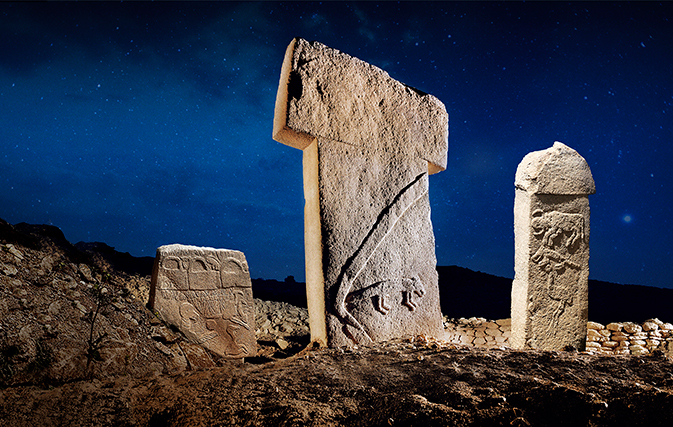TORONTO — When promoting travel to a country like Turkey, it’s easy to simply sit back and let the destination speak for itself.
Home to a plethora of ancient ruins and historical landmarks, not to mention delicious cuisine and hospitable locals who enjoy nothing more than to share a personal story or a cup of tea, Turkey is one of those places that just makes sense to travellers.
So it’s not surprising, then, that the destination is experiencing a boom in its hospitality sector, with 75 new projects and 12,968 rooms currently in the pipeline. Having emerged from 2014 as the world’s sixth most visited tourist destination, Turkey has seen a massive growth in hotel construction, not only in Istanbul but in cities like Bodrum, Cesme and Izmir.
Recent developments include Caresse, a Luxury Collection Resort & Spa in Bodrum. This property marks the debut of Starwood and The Luxury Collection brand in the city and features five culinary venues, a 17,000 square-foot spa, a yacht for private excursions, indoor and outdoor pools, fitness centre and meeting facilities.
Starwood Hotels & Resorts Worldwide will also open the Sheraton Istanbul Atasehir this month in the city’s Atasehir district, which connects the Asian and European sides of Istanbul. Featuring 160 guestrooms, the hotel is set to become a major hub for business travellers, with a grand ballroom, 12 meeting rooms and business centre.
The American spa brand Canyon Ranch is going international with the July 2016 debut of Canyon Ranch Wellness Resort at Kaplankaya on the Turkish Riviera near Bodrum. The sprawling property will have 141 rooms, all with views of the Aegean Sea, a 107,500 square-foot spa and two restaurants.
Other new openings include the Radisson Blu Hotel, Istanbul Ataköy, scheduled to open in early 2016, the 551-room Titanic Beach Lara in Antalyak, and the newly opened Hilton Garden Inn Izmir Bayrakli.
But despite this flurry in hotel development, Turkey still has a hard time carving out a niche for itself in the travel industry. According to Derya Serbetci Acar of the Turkish Consulate General and Turkish Culture and Information Office, many travellers still don’t know very much about the country at all.
With this in mind, the Turkish Culture and Information Office has opened a Toronto office to help promote the destination specifically to Canadian travellers. It was an obvious decision to branch out in Toronto since, according to Acar, Turkey welcomes an average 200,000 Canadians every year, thanks in large part to increased frequency from Toronto (six times/week) and Montreal (three times/week) with Turkish Airlines.
What Acar really hopes to accomplish with the new Toronto office is get the word out that Turkey is a major cultural and historical destination, one that has the added bonus of glorious beaches. In fact, Acar notes that Turkey has the second highest number of Blue Flag beaches in the world.
But the country’s main selling point is its history. The land has been inhabited since the Paleolithic age, which dates back to an astounding 2.6 million years ago, by several civilizations including Aeolian, Ionian Greeks, Armenians and Persians. This, of course, means that modern day Turkey is a unique melting pot of numerous cultures, which is evident in its beautiful architecture, cuisine and local arts.
To put it simply, “Turkey has something for everyone,” says Acar.
Turkey’s ancient history made international news with the discovery of the Gobeklitepe Temple by German archaeologist Klaus Schmidt. Located six miles from Sanliurfa, an ancient city in southeastern Turkey, the temple is regarded as one of the most startling archaeological discoveries of our time. Its massive carved stones date back to 11,000 years ago, crafted and arranged by prehistoric people who had not yet developed metal tools or even pottery. Schmidt, who has been working at the site for more than a decade, is convinced Gobeklitepe is the oldest temple in the world.
This history played a huge role in a comprehensive advertising campaign that was launched in 2014. Designed to formulate a ‘Country Brand’, the ‘Turkey Home’ campaign “stressed the dynamic structure and potential of Turkey” and represents “all values of our country – powerful, different and dynamic,” says Acar.
To contact the Turkish Culture and Information Office in Toronto, e-mail tourismturkeyincanada@gmail.com.

